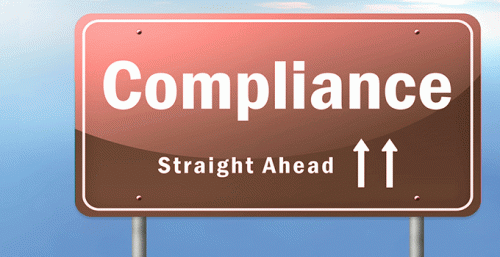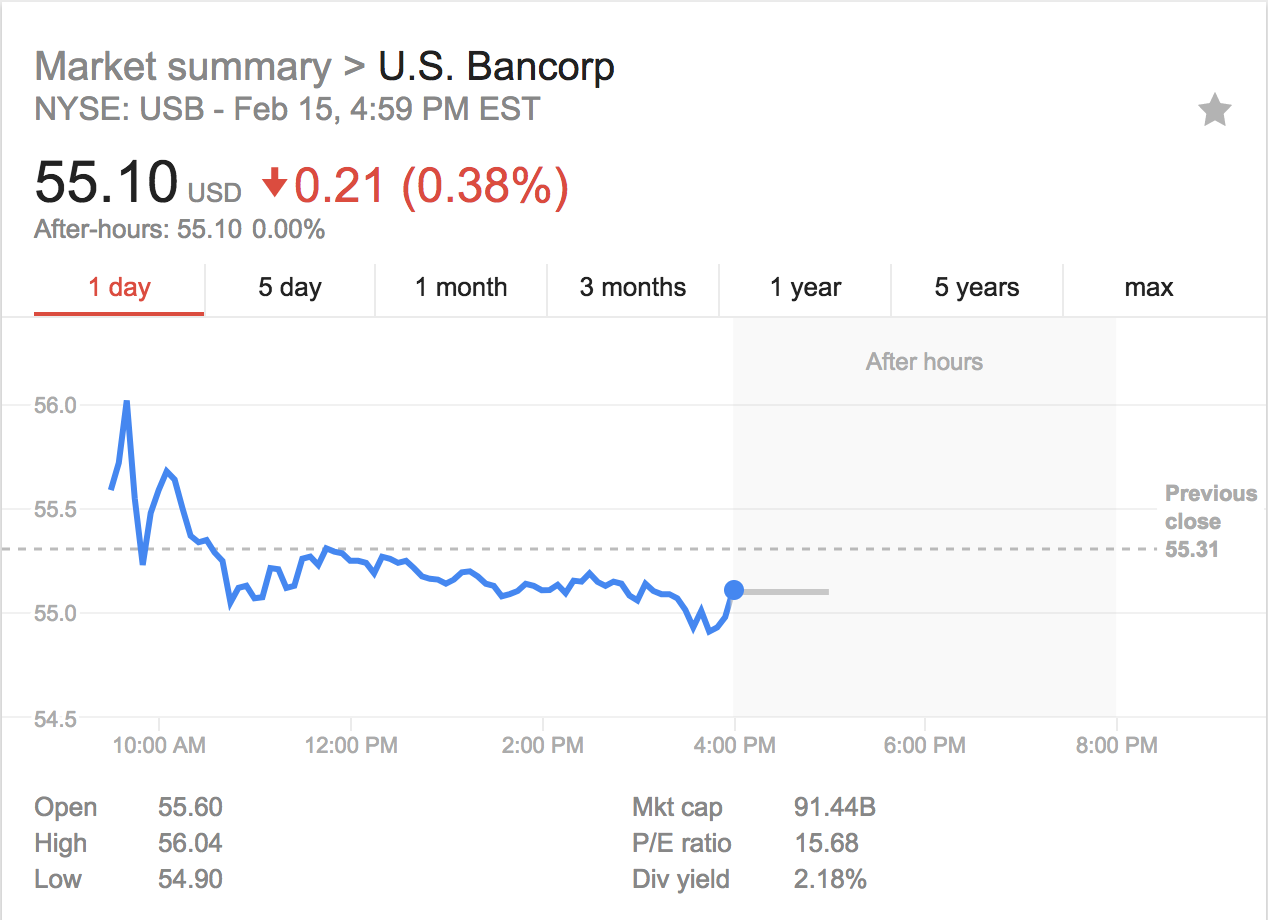Compliance
US Banking Giant Fined Over $600 Million For AML Failings

Four US watchdogs have fined the group a total of $613 million, leaving a dent in its balance sheet.
US authorities have fined US Bancorp more than
$600 million and charged it with two criminal violations of the
Bank Secrecy Act over lapses in its anti-money laundering (AML)
regime.
The US’ fifth-largest bank by assets ran its AML program “on the
cheap” by capping staff numbers and placing hard caps on the
number of alerts generated by its transaction monitors, the US
Department of Justice (DoJ) said.
The bank was aware that these practices were improper, and led to
it missing “substantial numbers” of suspicious transaction
reports from 2009 to 2014, the DoJ said.
US Bancorp has entered into a two-year deferred prosecution
agreement with the US Attorney’s Office in New York, which fined
it $453 million. The Office of the Comptroller of the Currency
(OCC) issued a $75 million penalty, Financial Crimes Enforcement
Network (FinCEN) billed Bancorp $70 million, and the Federal
Reserve $15 million, totalling $613 million.
Shares in US Bancorp, which has a prominent wealth management
unit, were down 0.38 per cent, trading at $55.10 at the time of
writing (10:57am GMT, 2/16/18).

Source: Google
The DoJ cited a memo from an AML officer to the bank’s head of
compliance which said AML staff were “stretched dangerously
thin”, warning that “a regulator could very easily argue” the
bank should have tested more suspicious transactions to see if
reports to FinCEN were necessary.
Staff tried to hide short-cuts from examiners at the OCC, the
bank’s primary regulator, according to the DoJ. The AML officer
described the bank’s AML program to another senior manager
as an effort to use “smoke and mirrors” to “pull the wool over
the eyes” of the OCC.
“We regret and have accepted responsibility for the past
deficiencies in our AML programme,” Andy Cecere, US Bancorp’s
chief executive, said. “Our culture of ethics and integrity
demands that we do better.”
US Bancorp noted that it had appointed new leaders at its AML
division since 2014 and had instituted “a more transparent and
frequent” reporting and escalation process to the board and
executive management.